Solidarity eclipses objectivity as journalism’s dominant ideal
Even in recent conversations about transforming journalism, objectivity as an ideal often gets a curiously free pass. The argument tends to go like this: “Journalistic objectivity has been implemented in ways that are not actually objective, but striving for genuine objectivity is still the best hope we have for accurate reporting.”
The problem with this argument is that it overlooks the inherent failures of objectivity, as an ideal and as a method for practicing journalism. Solidarity for social justice moves journalism in a better direction.
Given the chaos of the last few years, there’s understandably something comforting about the idea that reporters could, if rigorously trained and adequately aware, ultimately deliver the public an indisputable account of objective reality. Longing for this kind of certainty makes a lot of sense at a time when “doomscrolling” has become part of daily life.
Aiming for objectivity as a way to resolve uncertainty, though, leads journalism far astray from its public service purpose. Why? Because the concept of objectivity isn’t compatible with the pragmatics of news reporting.
Think of it this way: Objective reality is “independent from individual subjectivity” and consists of “the external world of physical objects and events that can be observed.” But the point of journalism isn’t — and has never been — restricted to cataloging physical, observable events. News is, by definition and not by mistake, the product of a set of human judgments about the significance of issues, events, and people.
Some folks still argue that “real news” ought to be facts free of human judgment. Yet even the most concrete cases make it clear that news without judgment is pointless. For instance, if a reporter looks out the window and sees water falling from the sky, it might make sense to report that, objectively, it is raining. But already we have a problem: Rain is usually a fairly innocuous event — but water also falls from the sky in hurricanes. Is what we’re seeing a hurricane or just a minor storm? Is it the end of a drought, or the beginning of an unprecedented flood that submerges homes and displaces entire communities? Is it an example of extreme weather due to climate change? Does the report on it belong in the standard weather section, or should it be a lead story about a deadly threat of lasting, disproportionate harm for marginalized people? “Objectively” looking out the window can’t answer these questions.
Objectivity as an aspirational ideal ends up encouraging journalists to avoid addressing what matters. Ignoring questions of meaning and significance in the “service” of objectivity — to instead report “water is falling from the sky” — offers nothing of informational value to readers whose lives might be in danger. The observable fact of water falling from the sky doesn’t — and can’t — speak for itself. This isn’t just a problem in weather coverage, of course: In coverage of issues like immigration, Covid-19, police brutality, and housing instability, the idea that observations will objectively speak for themselves is quickly off the table.
Even choosing sources to quote is a bridge too far for pure objectivity, since source selection requires a set of decisions about whose perspectives matter. Offloading those decisions under an objectivity paradigm regularly means journalists defer to officials with elite titles, which we know is absolutely not a reliable formula for amplifying accurate claims.
Striving for objectivity, then, leads journalism to a dead end. On the other hand, an ideal and method of solidarity for social justice is much more aligned with what the best journalists have always tried to do: inform the public of issues that matter, hold institutional power accountable, and challenge society to be better by urging us to care about more than ourselves.
Solidarity, as I define it, is a commitment to social justice that translates into action. More than a feeling, a private thought, or a black square on social media, solidarity is about what we actively do with others to address inhumane conditions that may or may not affect us personally.
In journalism, solidarity takes the form of including the perspectives of communities who have long been shut out of representations of injustices affecting their own lives. Most importantly, solidarity in journalistic practice connects the dots to reveal the ways that social injustice binds people from being able to simply choose to improve their conditions. Solidarity as an ideal encourages news organizations to decide what’s newsworthy based not on celebrity, novelty, or popularity, but based on the stakes of human dignity, suffering, and urgent needs for survival.
Solidarity eclipsing objectivity as journalism’s aspirational ideal would mean transforming the criteria that dominant news organizations use to assess quality journalism. Instead of asking “does this story make it impossible for readers to know where the reporter stands on the issue?” and “does it include both sides without indicating whether both sides are being honest?” news organizations would instead ask “does the story represent the truth of people’s lived experiences of social injustice?” and “do reporters, acting in solidarity, amplify marginalized communities’ demands for concrete change from people in positions of institutional power — instead of acting as a megaphone for elites with podiums?”
Since 2020, many initiatives and conversations have expanded about future directions for journalism. At the same time, news leadership often remains averse to change. Ultimately, rising news leaders and inclusive initiatives will push to replace people and organizations that cling to a vision of journalistic objectivity which has never been achievable or desirable, has never served the public, and has repeatedly proven itself to be a waste of shrinking resources in the face of social injustice that denies people’s basic humanity. As a new generation of news leaders takes the helm, solidarity has a chance to come to the fore.
Anyone who works on solidarity efforts for social justice knows all too well that lasting and transformational change is a long game. 2022 will be a year when we continue to fight for better.
Anita Varma leads the Solidarity Journalism Initiative at the University of Texas.

Even in recent conversations about transforming journalism, objectivity as an ideal often gets a curiously free pass. The argument tends to go like this: “Journalistic objectivity has been implemented in ways that are not actually objective, but striving for genuine objectivity is still the best hope we have for accurate reporting.”
The problem with this argument is that it overlooks the inherent failures of objectivity, as an ideal and as a method for practicing journalism. Solidarity for social justice moves journalism in a better direction.
Given the chaos of the last few years, there’s understandably something comforting about the idea that reporters could, if rigorously trained and adequately aware, ultimately deliver the public an indisputable account of objective reality. Longing for this kind of certainty makes a lot of sense at a time when “doomscrolling” has become part of daily life.
Aiming for objectivity as a way to resolve uncertainty, though, leads journalism far astray from its public service purpose. Why? Because the concept of objectivity isn’t compatible with the pragmatics of news reporting.
Think of it this way: Objective reality is “independent from individual subjectivity” and consists of “the external world of physical objects and events that can be observed.” But the point of journalism isn’t — and has never been — restricted to cataloging physical, observable events. News is, by definition and not by mistake, the product of a set of human judgments about the significance of issues, events, and people.
Some folks still argue that “real news” ought to be facts free of human judgment. Yet even the most concrete cases make it clear that news without judgment is pointless. For instance, if a reporter looks out the window and sees water falling from the sky, it might make sense to report that, objectively, it is raining. But already we have a problem: Rain is usually a fairly innocuous event — but water also falls from the sky in hurricanes. Is what we’re seeing a hurricane or just a minor storm? Is it the end of a drought, or the beginning of an unprecedented flood that submerges homes and displaces entire communities? Is it an example of extreme weather due to climate change? Does the report on it belong in the standard weather section, or should it be a lead story about a deadly threat of lasting, disproportionate harm for marginalized people? “Objectively” looking out the window can’t answer these questions.
Objectivity as an aspirational ideal ends up encouraging journalists to avoid addressing what matters. Ignoring questions of meaning and significance in the “service” of objectivity — to instead report “water is falling from the sky” — offers nothing of informational value to readers whose lives might be in danger. The observable fact of water falling from the sky doesn’t — and can’t — speak for itself. This isn’t just a problem in weather coverage, of course: In coverage of issues like immigration, Covid-19, police brutality, and housing instability, the idea that observations will objectively speak for themselves is quickly off the table.
Even choosing sources to quote is a bridge too far for pure objectivity, since source selection requires a set of decisions about whose perspectives matter. Offloading those decisions under an objectivity paradigm regularly means journalists defer to officials with elite titles, which we know is absolutely not a reliable formula for amplifying accurate claims.
Striving for objectivity, then, leads journalism to a dead end. On the other hand, an ideal and method of solidarity for social justice is much more aligned with what the best journalists have always tried to do: inform the public of issues that matter, hold institutional power accountable, and challenge society to be better by urging us to care about more than ourselves.
Solidarity, as I define it, is a commitment to social justice that translates into action. More than a feeling, a private thought, or a black square on social media, solidarity is about what we actively do with others to address inhumane conditions that may or may not affect us personally.
In journalism, solidarity takes the form of including the perspectives of communities who have long been shut out of representations of injustices affecting their own lives. Most importantly, solidarity in journalistic practice connects the dots to reveal the ways that social injustice binds people from being able to simply choose to improve their conditions. Solidarity as an ideal encourages news organizations to decide what’s newsworthy based not on celebrity, novelty, or popularity, but based on the stakes of human dignity, suffering, and urgent needs for survival.
Solidarity eclipsing objectivity as journalism’s aspirational ideal would mean transforming the criteria that dominant news organizations use to assess quality journalism. Instead of asking “does this story make it impossible for readers to know where the reporter stands on the issue?” and “does it include both sides without indicating whether both sides are being honest?” news organizations would instead ask “does the story represent the truth of people’s lived experiences of social injustice?” and “do reporters, acting in solidarity, amplify marginalized communities’ demands for concrete change from people in positions of institutional power — instead of acting as a megaphone for elites with podiums?”
Since 2020, many initiatives and conversations have expanded about future directions for journalism. At the same time, news leadership often remains averse to change. Ultimately, rising news leaders and inclusive initiatives will push to replace people and organizations that cling to a vision of journalistic objectivity which has never been achievable or desirable, has never served the public, and has repeatedly proven itself to be a waste of shrinking resources in the face of social injustice that denies people’s basic humanity. As a new generation of news leaders takes the helm, solidarity has a chance to come to the fore.
Anyone who works on solidarity efforts for social justice knows all too well that lasting and transformational change is a long game. 2022 will be a year when we continue to fight for better.
Anita Varma leads the Solidarity Journalism Initiative at the University of Texas.
Jody Brannon

Christoph Mergerson

Kristen Muller

Stephen Fowler

Stefanie Murray

Jesenia De Moya Correa
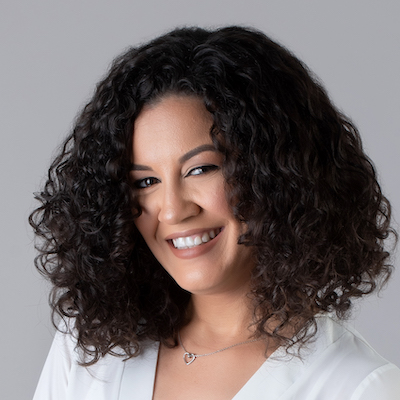
Shalabh Upadhyay

Ståle Grut

Gabe Schneider

Tamar Charney

Wilson Liévano
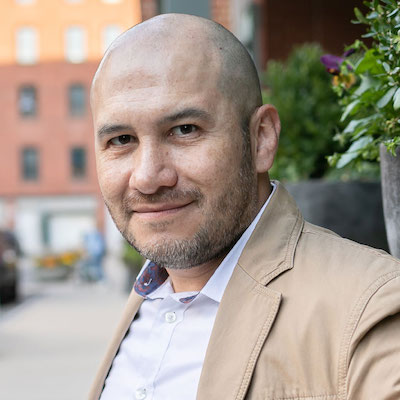
Matthew Pressman

A.J. Bauer

Meena Thiruvengadam
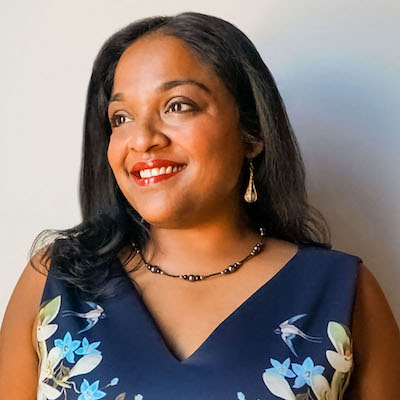
Joshua P. Darr

Jennifer Brandel

Simon Allison

Sam Guzik

Rachel Glickhouse

Zizi Papacharissi

Gordon Crovitz

Jennifer Coogan

Anthony Nadler

David Cohn

Ariel Zirulnick

Matt Karolian

Mike Rispoli

Mary Walter-Brown

Larry Ryckman

Paul Cheung

Kathleen Searles Rebekah Trumble

Izabella Kaminska
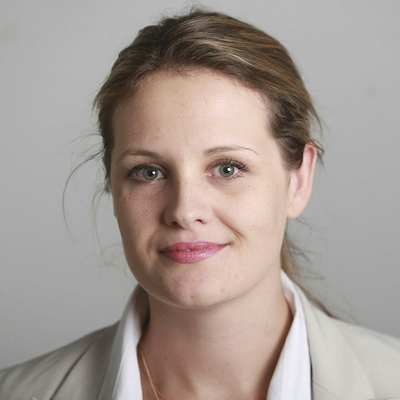
Julia Munslow

Tom Trewinnard

David Skok

Sarah Stonbely

Melody Kramer

Sarah Marshall

Daniel Eilemberg

Parker Molloy

Whitney Phillips

Mario García
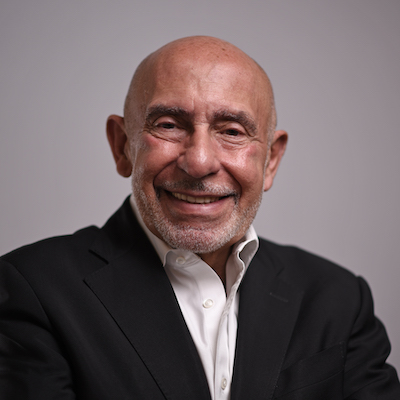
Millie Tran

Tony Baranowski

Eric Nuzum

Kendra Pierre-Louis

Jonas Kaiser

Candace Amos

Julia Angwin

Amara Aguilar

John Davidow

Joni Deutsch

Moreno Cruz Osório

Jesse Holcomb

Anita Varma

James Green

Matt DeRienzo

Francesco Zaffarano

Juleyka Lantigua

Richard Tofel

Janelle Salanga

S. Mitra Kalita
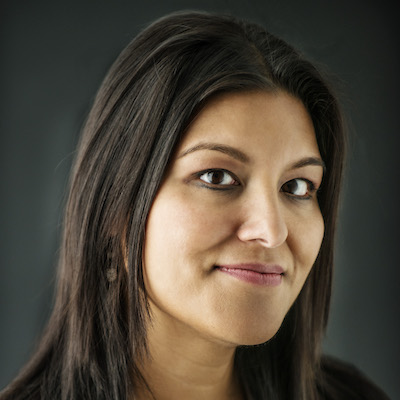
Doris Truong

Rasmus Kleis Nielsen

Burt Herman

Gonzalo del Peon

Amy Schmitz Weiss

Natalia Viana

Raney Aronson-Rath

Kristen Jeffers
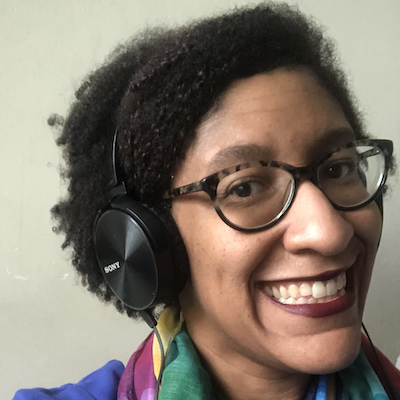
Andrew Freedman

Simon Galperin

Errin Haines

Laxmi Parthasarathy

Shannon McGregor Carolyn Schmitt

Don Day

Robert Hernandez

Anika Anand

Nikki Usher

Jessica Clark

Alice Antheaume

Megan McCarthy

Cherian George
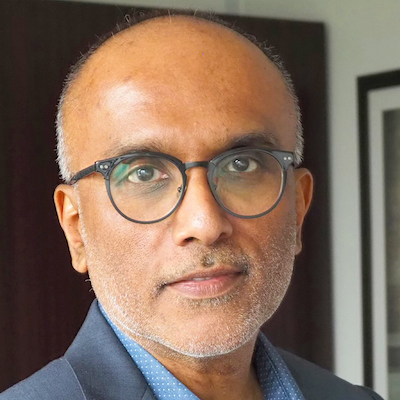
AX Mina

Joanne McNeil

Catalina Albeanu

Chicas Poderosas

Joe Amditis

j. Siguru Wahutu
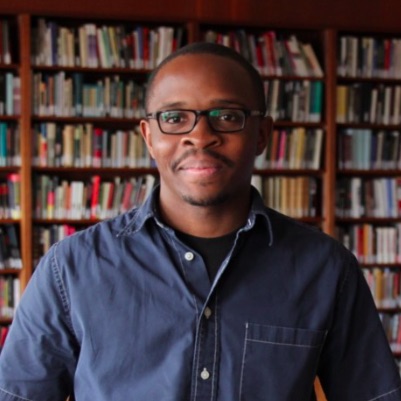
Kerri Hoffman
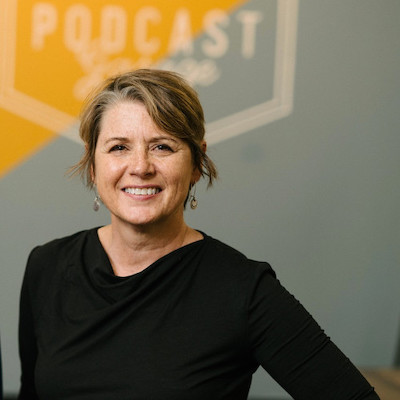
Brian Moritz

Chase Davis

Victor Pickard

Cindy Royal

Cristina Tardáguila

Joy Mayer

Mandy Jenkins

Jim Friedlich

Michael W. Wagner

Christina Shih
